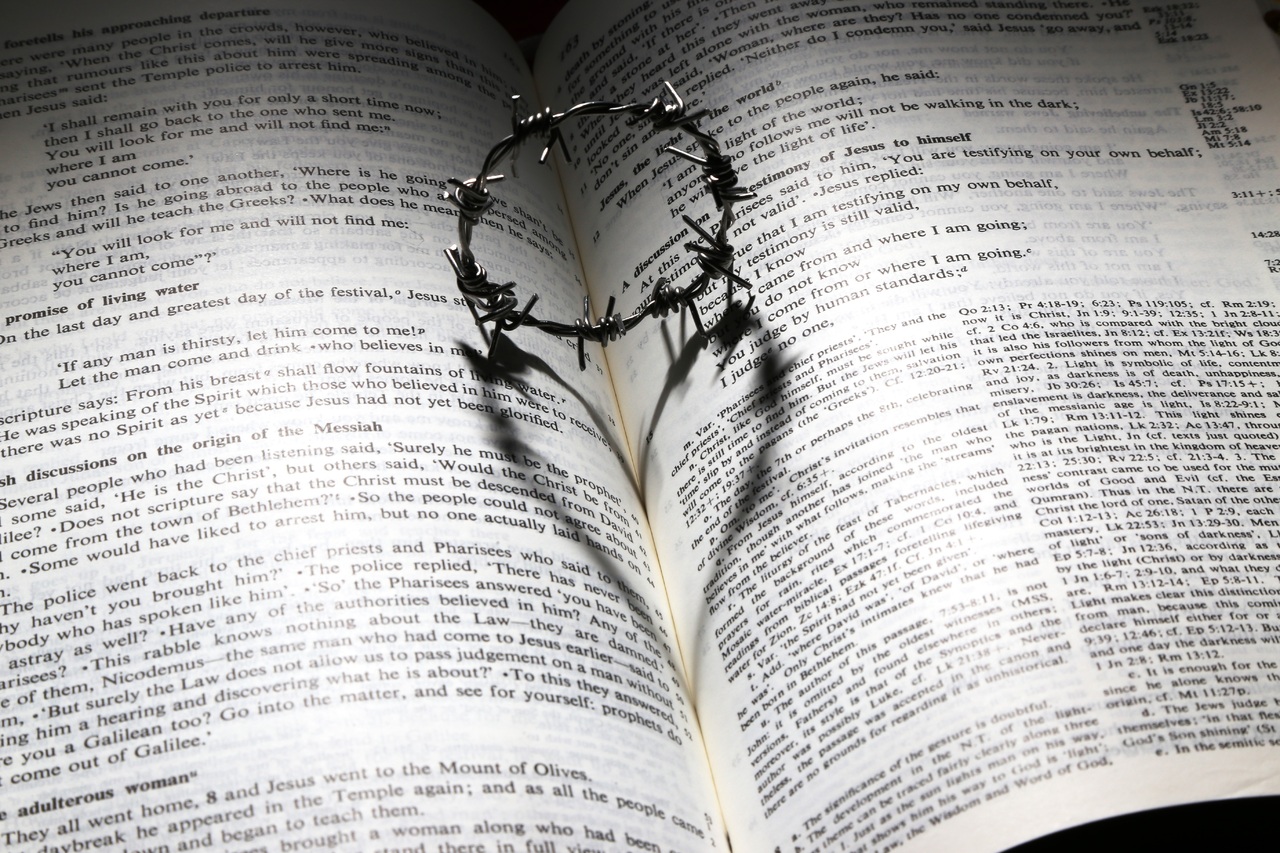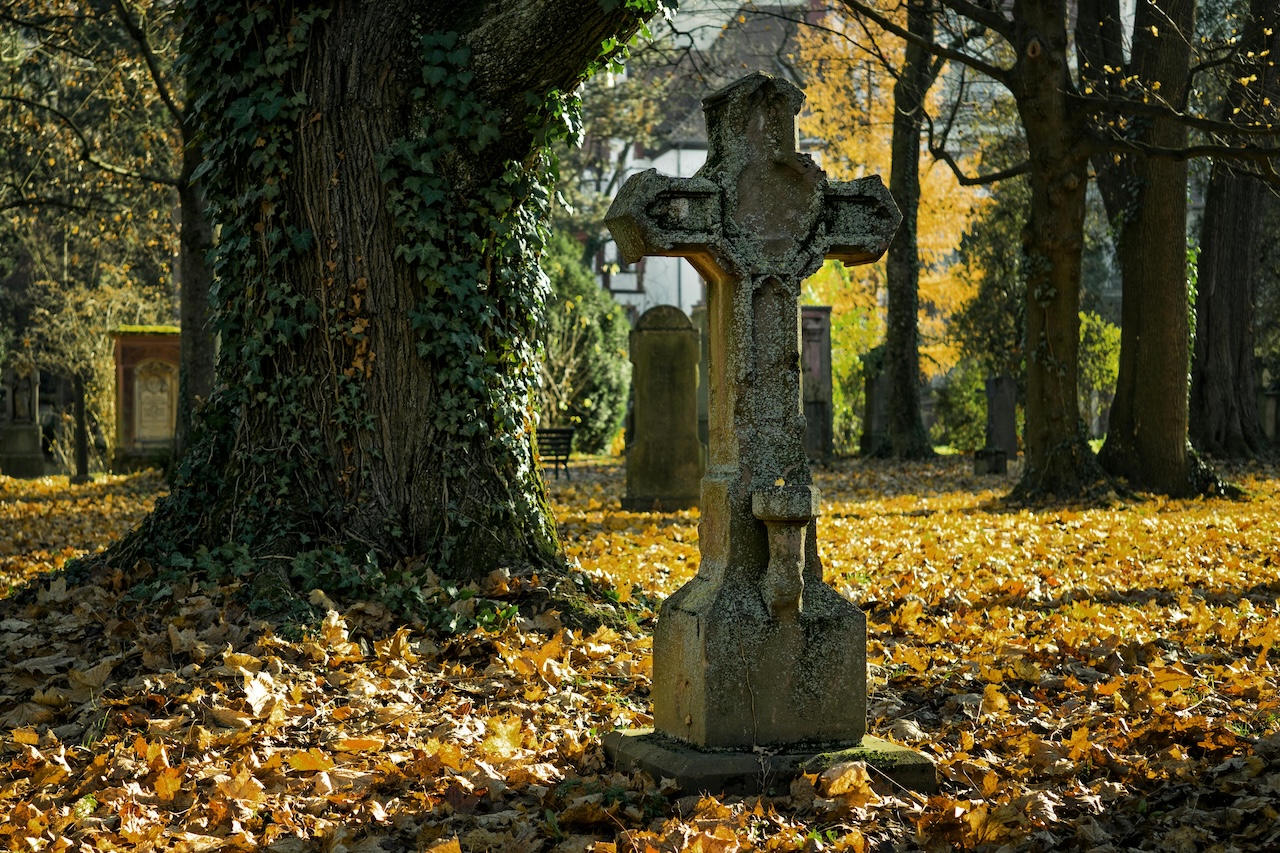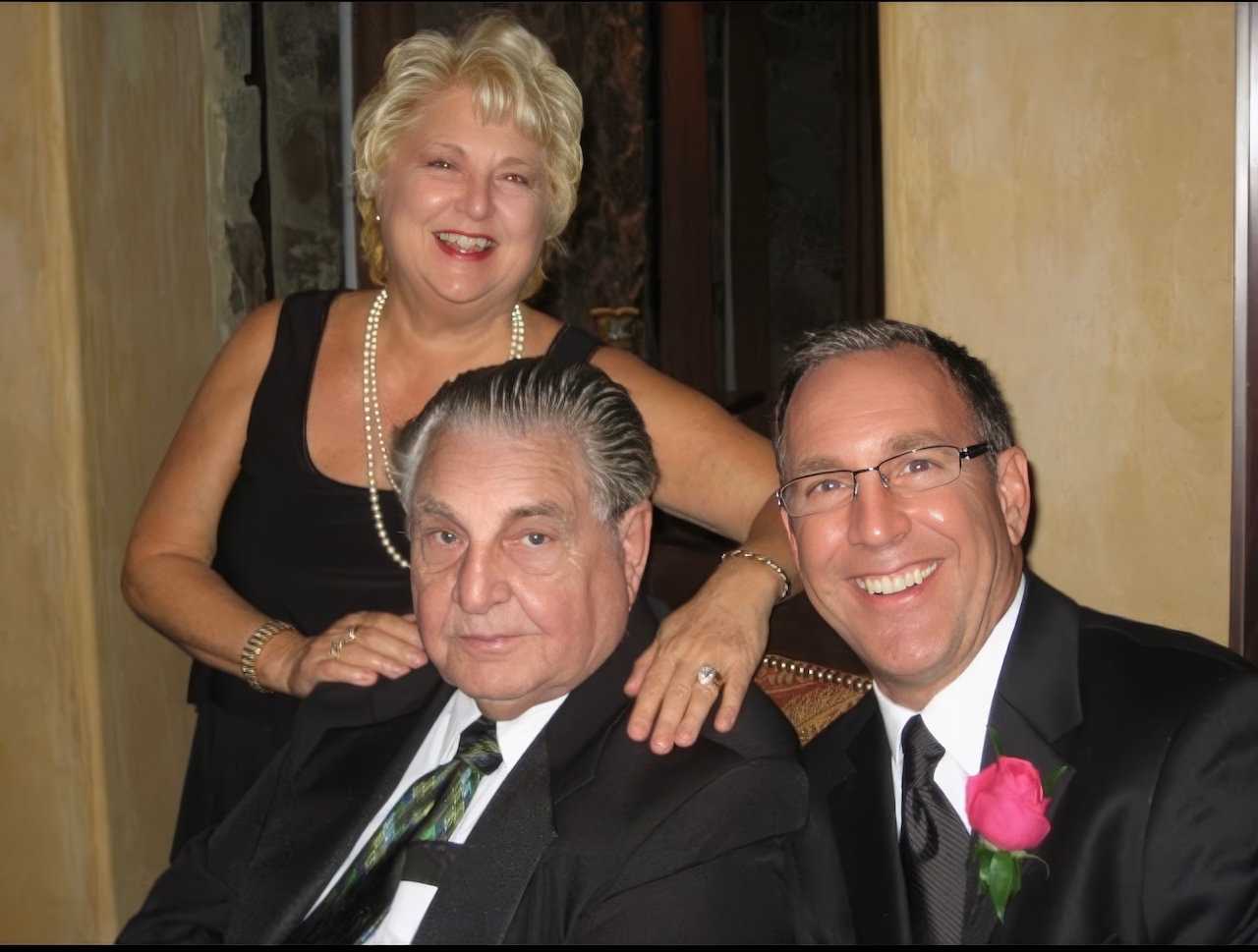Category: Thursday Thoughts
-

Being truly thankful
*Be sure to read an important note attached to the bottom of this blog* Many of you are reading this on or around Thanksgiving. Most often, this time of year, there are lists of things we can be thankful for. To be honest, some of these lists include things that we worked diligently to produce.…
-

Problem Solving
I am a good problem solver and have spent much of my professional and personal life fixing peoples’ problems. I gave a lot of good advice on how people could solve their problems. Some listened, and some didn’t. However, as I have aged, I have realized that often people came to me not to have…
-

How much truth do you know?
Is it possible for us to be sure in our faith and yet curious in our learning at the same time? I believe so. Let me suggest that we will be held accountable for truth we know, but that doesn’t mean we know all the truth there is to know. I fully understand that statement…
-

Am I curious or right?
Last week, I wrote on Centered Set versus Bounded Set thinking as it relates to how we view decisions in life, specifically this year’s elections. Once you fully comprehend how to think this way, it can change how you view much in life. I did not intend to say that nothing in life is bounded. …
-

Bounded or Center Set Thinking
The election this year has been a struggle for me. I believe there are no clear choices. I understand that may startle some of you, but please keep reading. In life, sometimes choices are clear, while at other times, certain things are weighted more heavily than others. Like a wise friend told me (thanks, Ben)…
-

Dealing with the imperfect church – Part 2
Considering the private feedback I received from last week’s blog, I would like to continue to process how we deal with those who have been hurt in a church, whether pastor, staff, or congregant. Collateral damage from the local church is all around us. We must address the relational dynamics of churches if they are…
-

Dealing with the imperfect church
One of our new neighbors is processing their pain affiliated with a local church. They said they are burnt out on church. They were on staff of a fast-growing church and saw unhealthy behavior behind the scenes. This kind of behavior can result from leadership not rooted in Biblical principles, or it may also result…
-

Dealing with your own death
As a culture, we go to great lengths to deny death. My mom died at 68 of cancer. I had the privilege of spending precious time with her during her final years. She lived a good life and died a great death. Her journey to her earthly death prompted me to prepare for my own…
-

The death of my father
Shortly after 11:00 pm one evening last week, my sister called me to let us know that my dad had physically died. Hospice had relocated him back to his Assisted Living Facility from the hospital that afternoon because he wanted to go home. Once he was there for a few hours, he went to his…